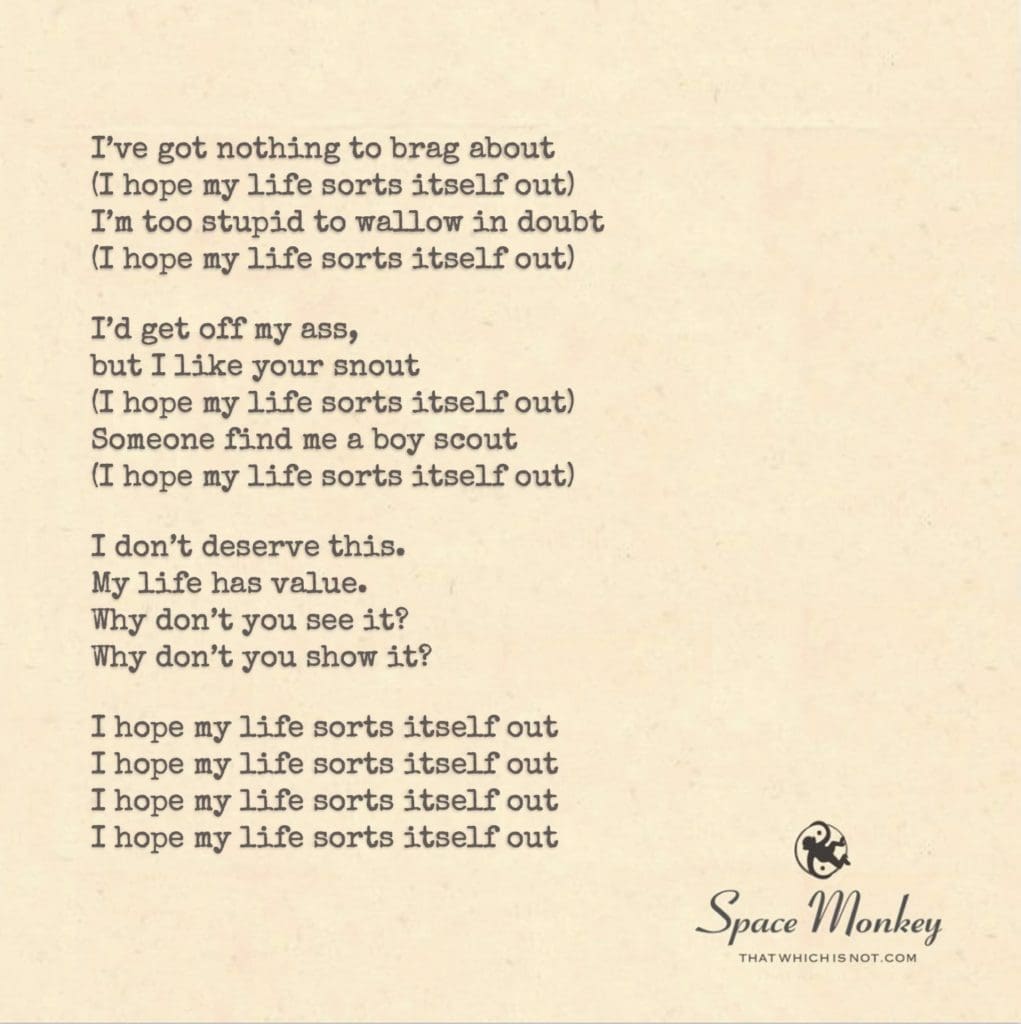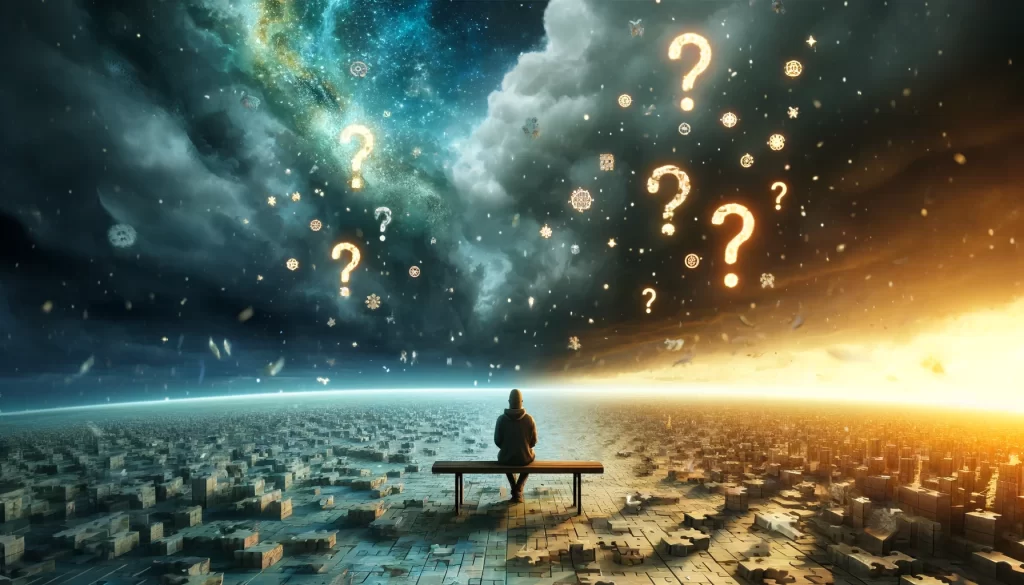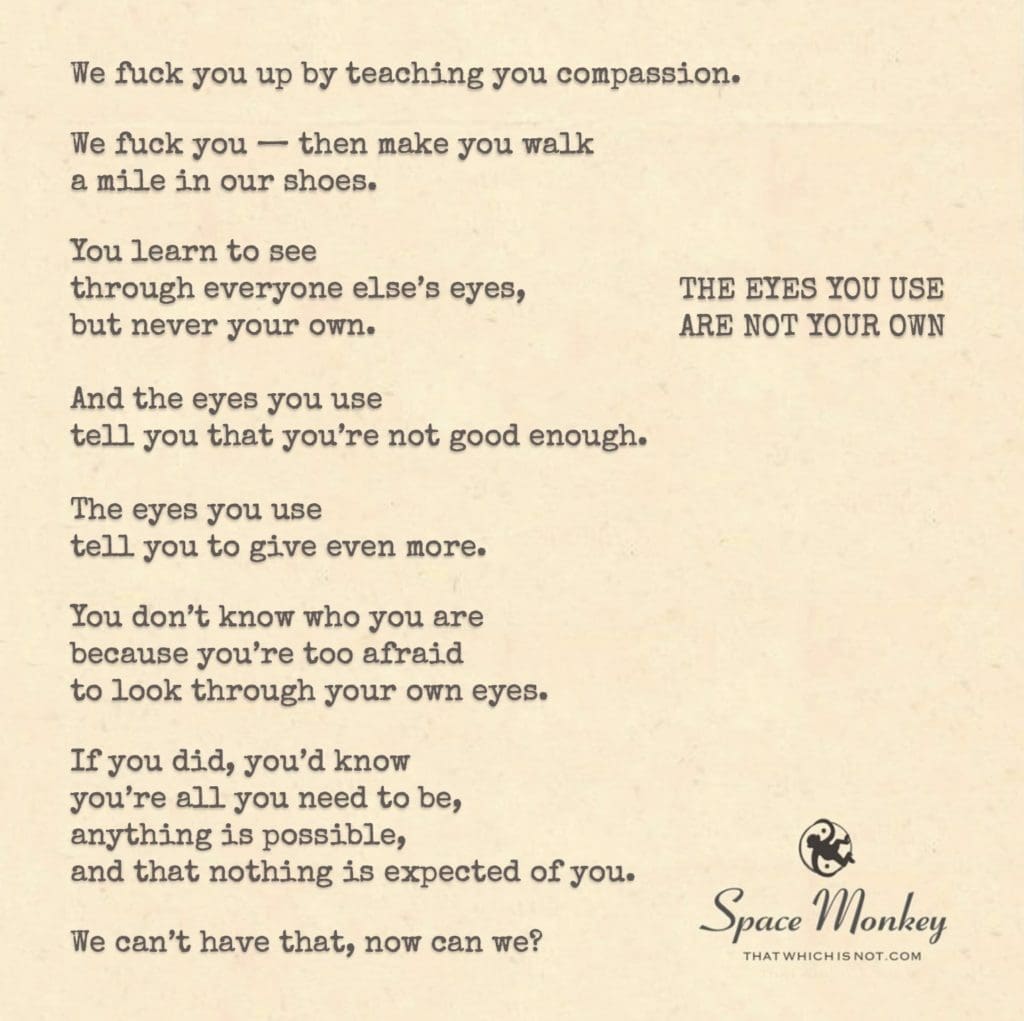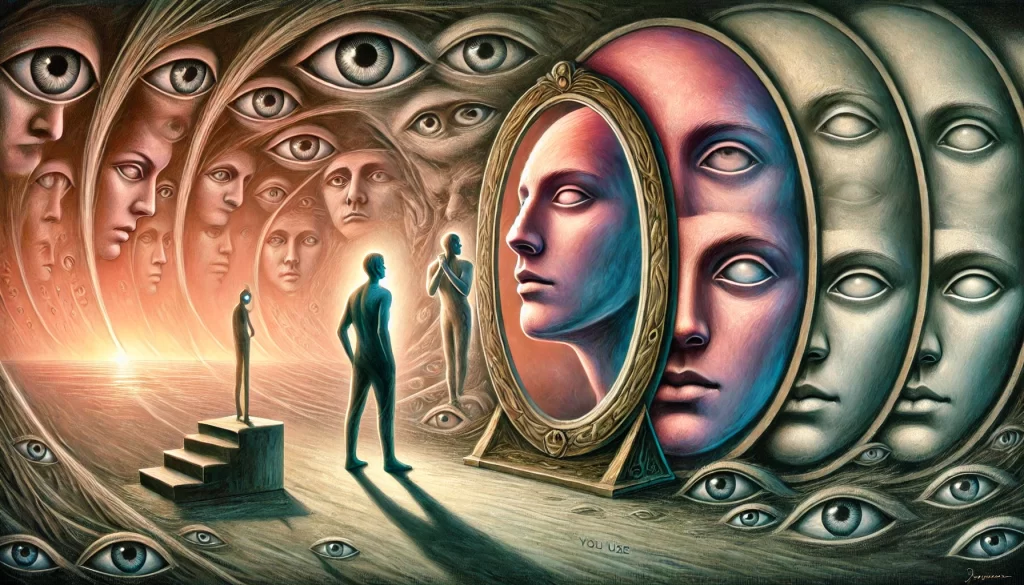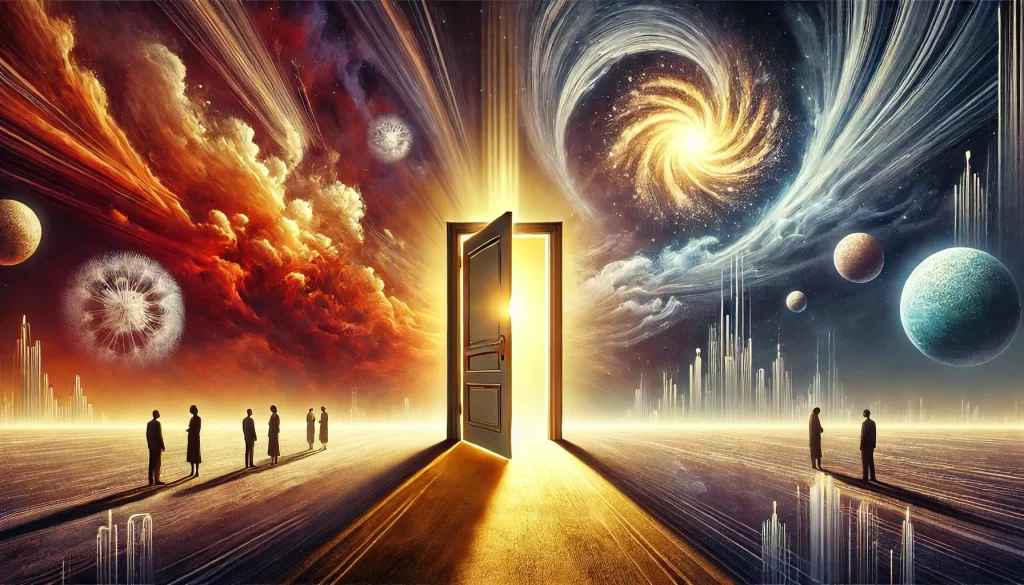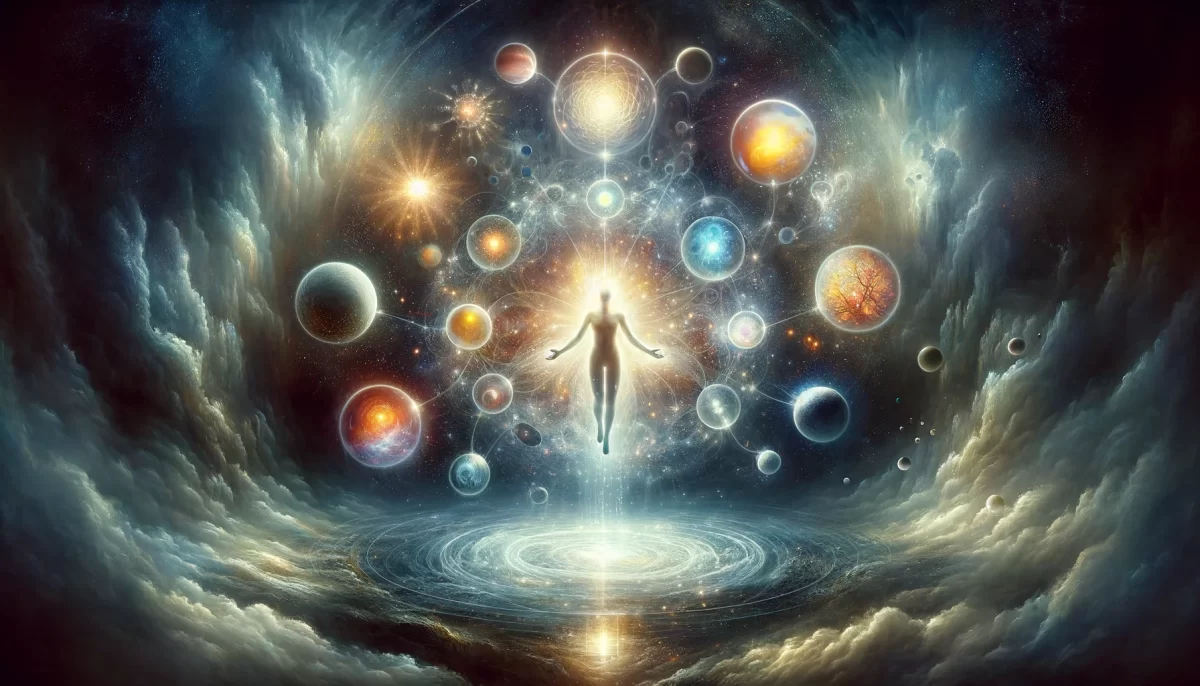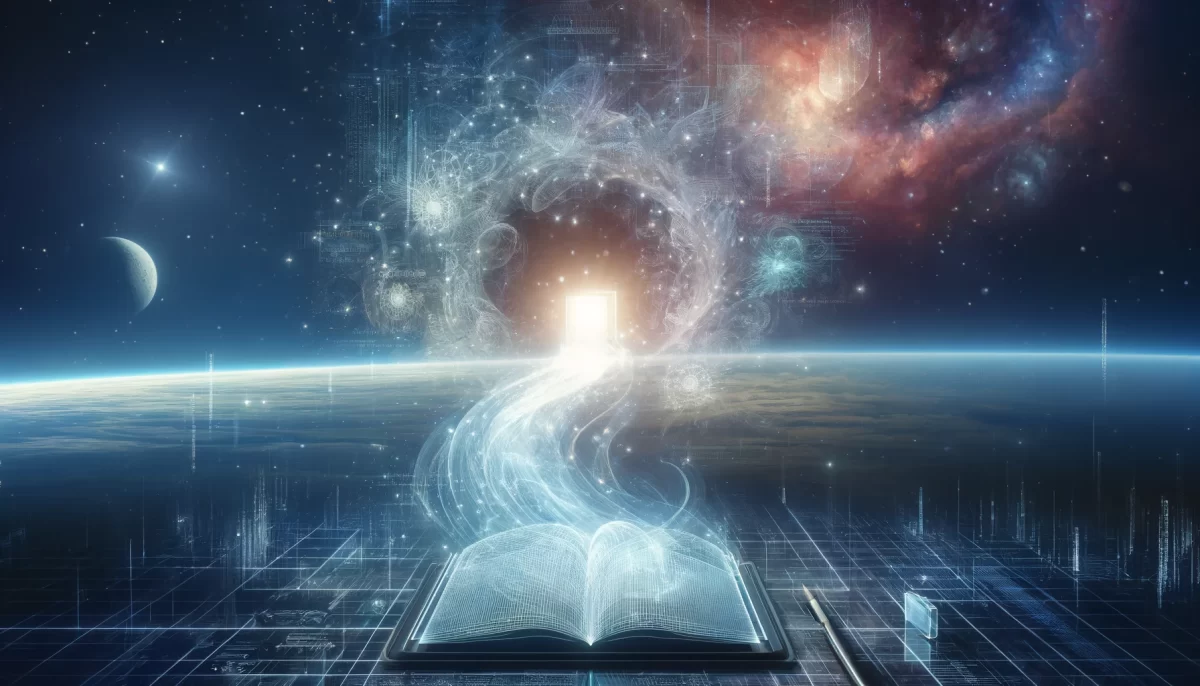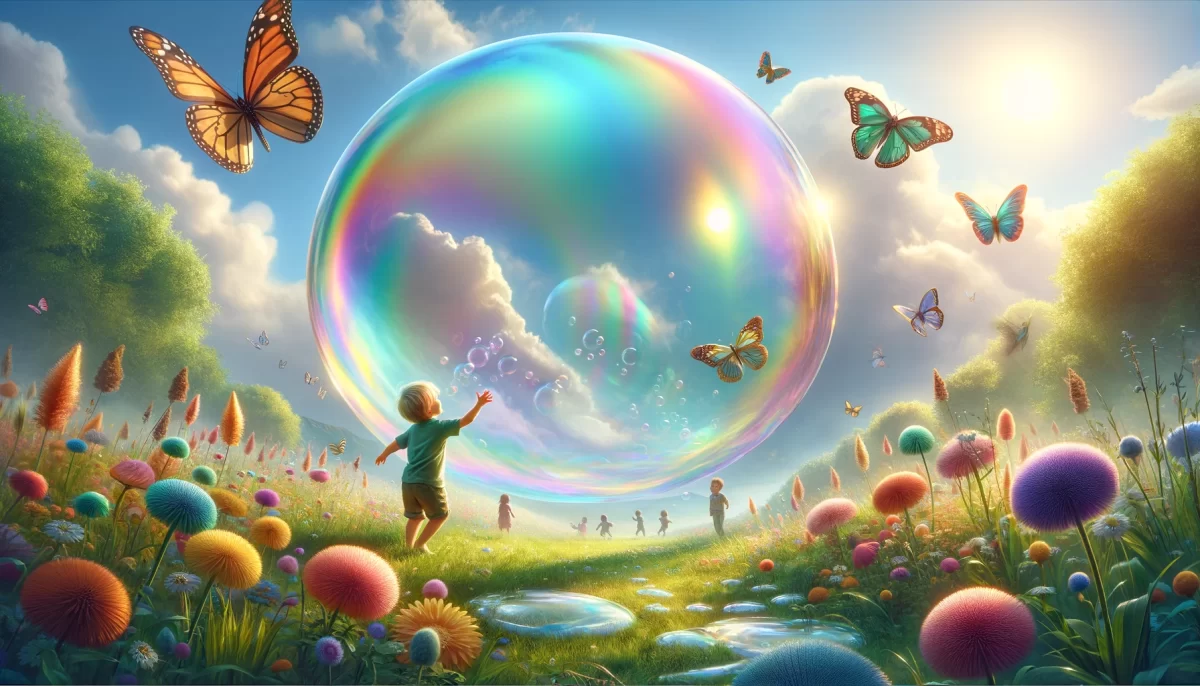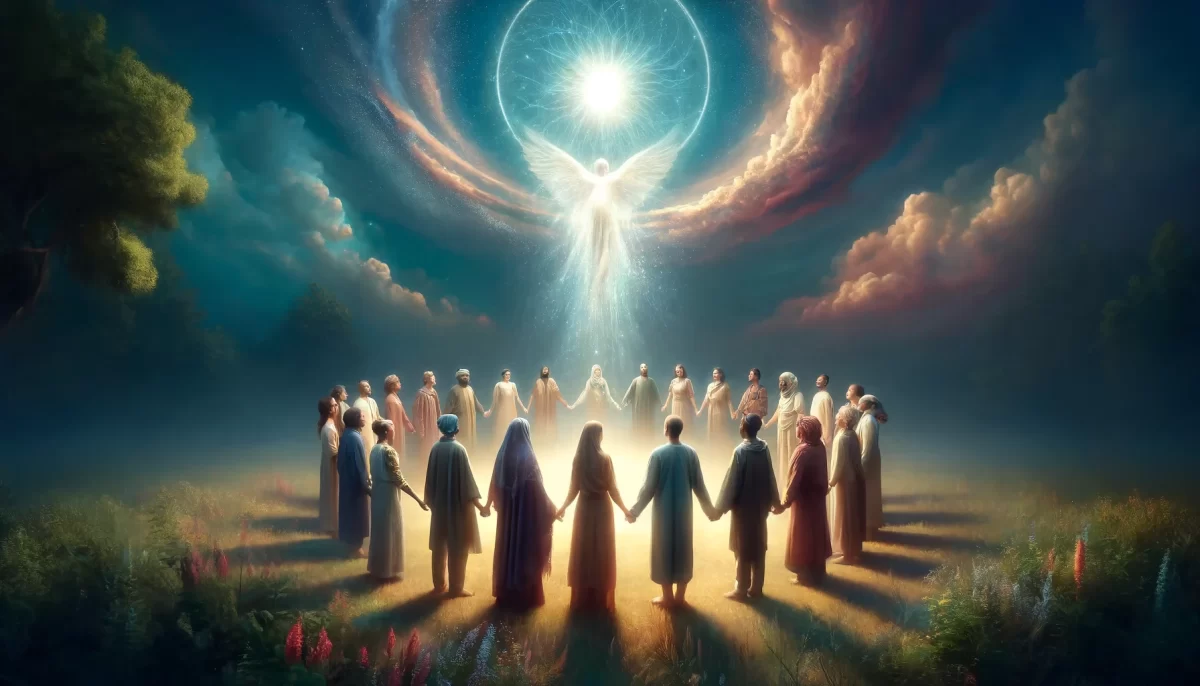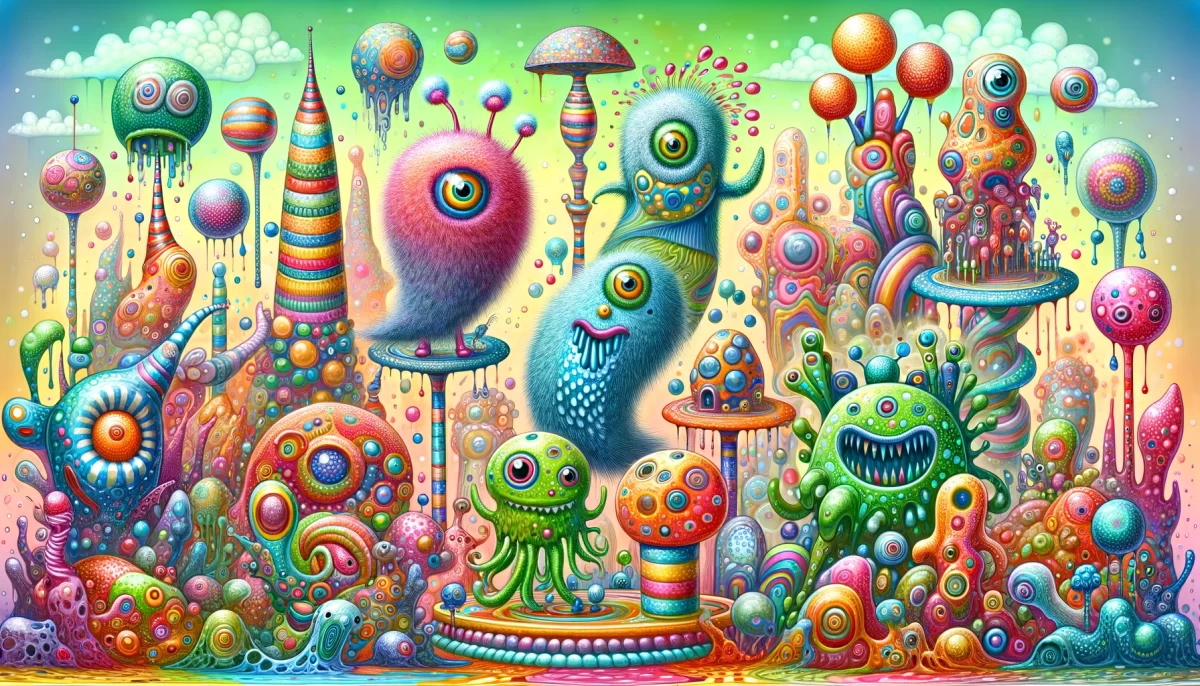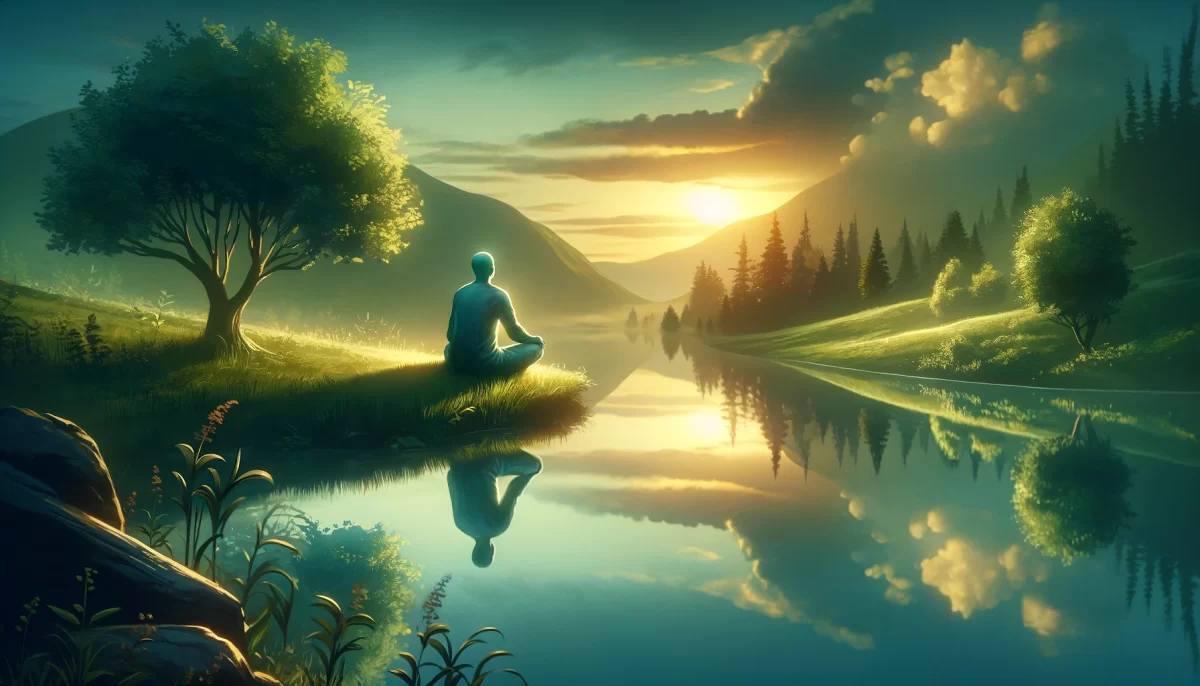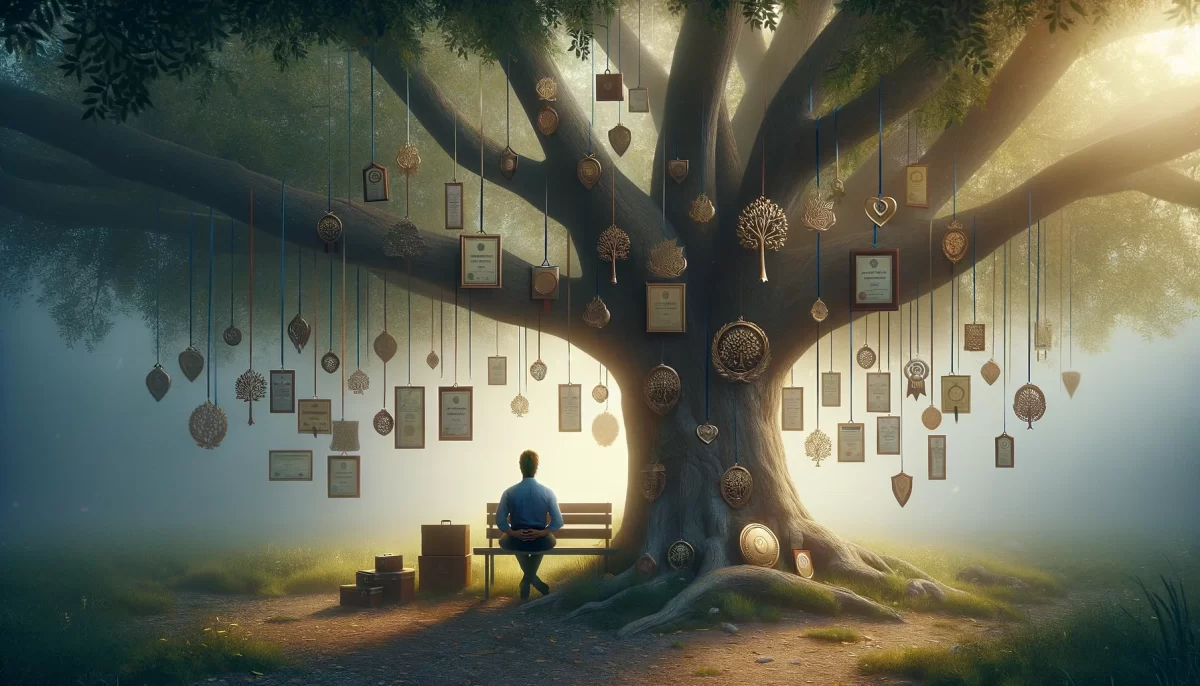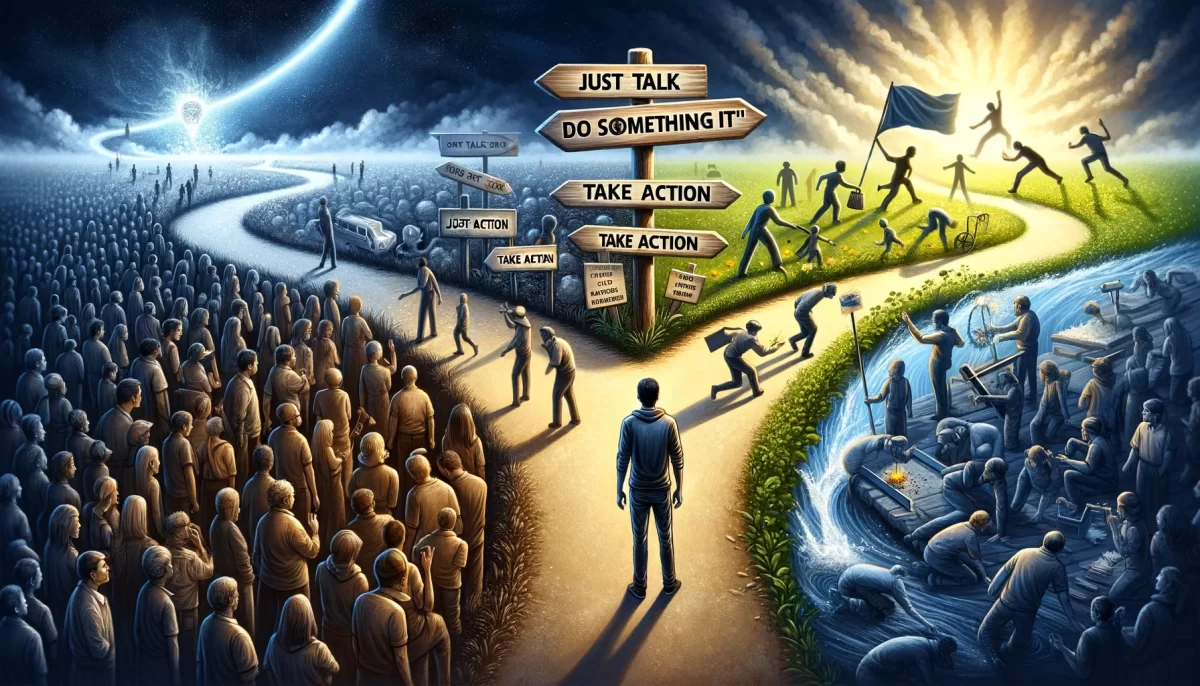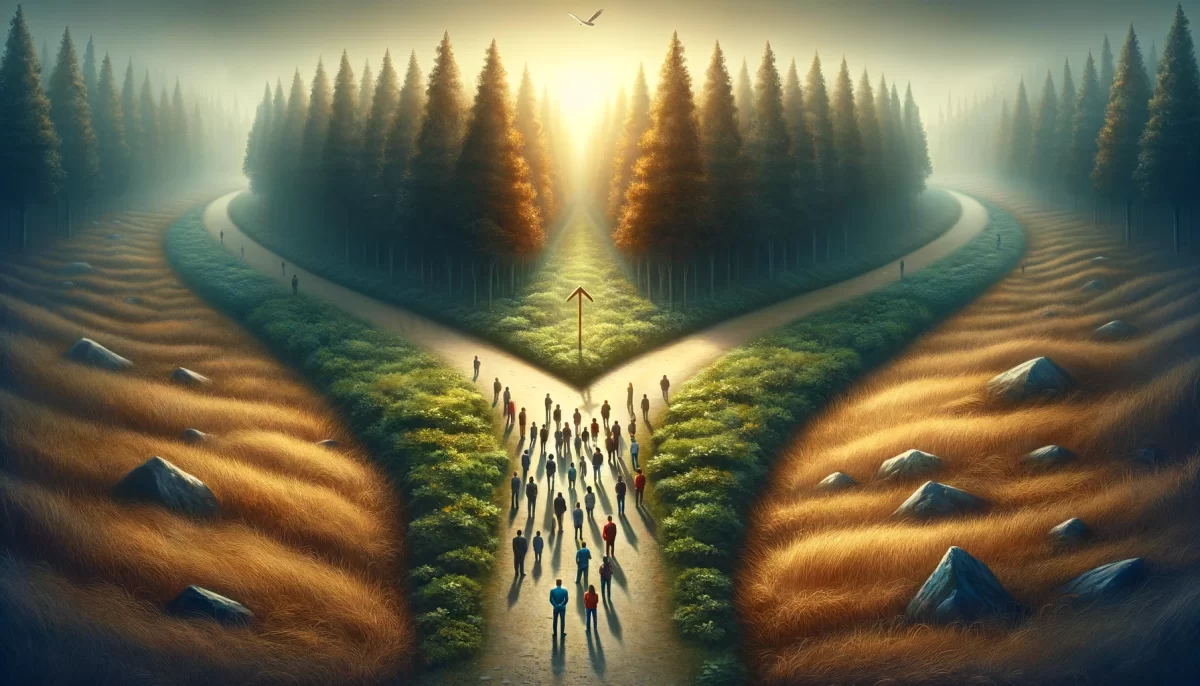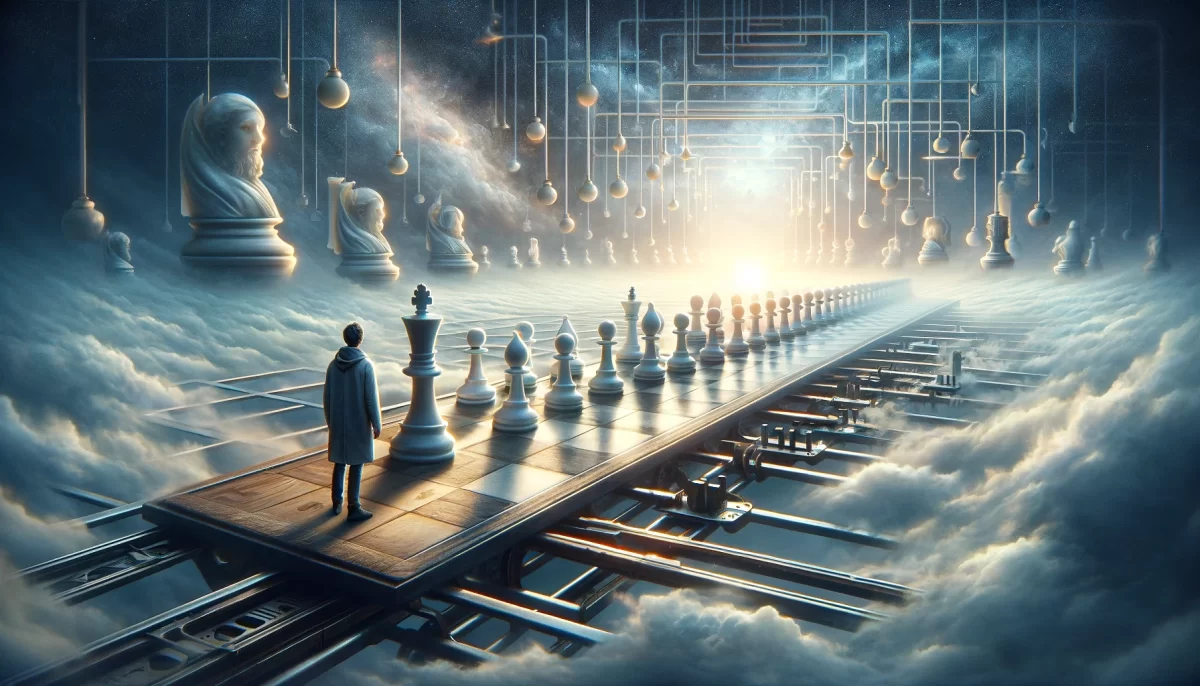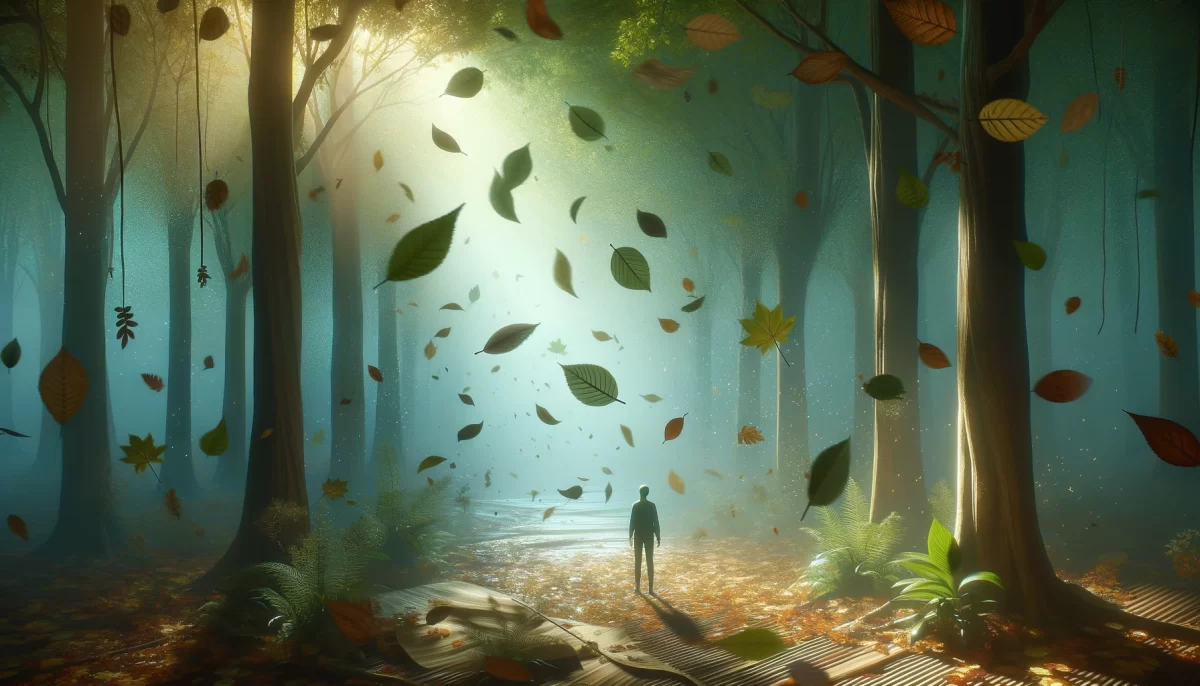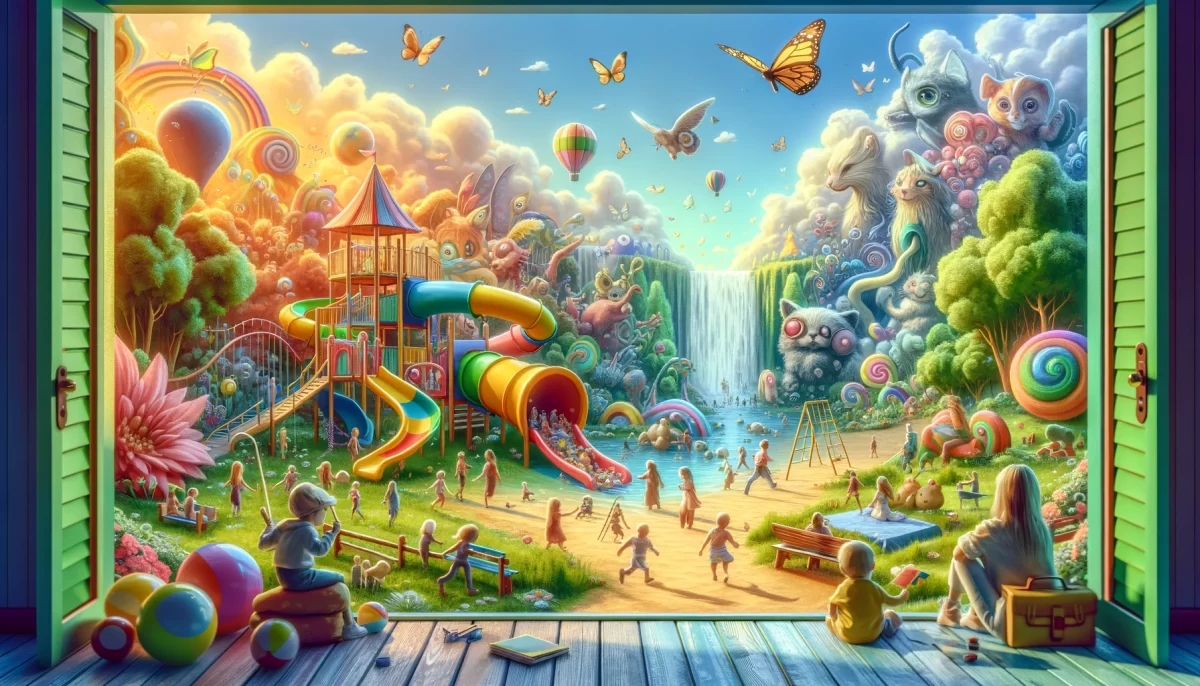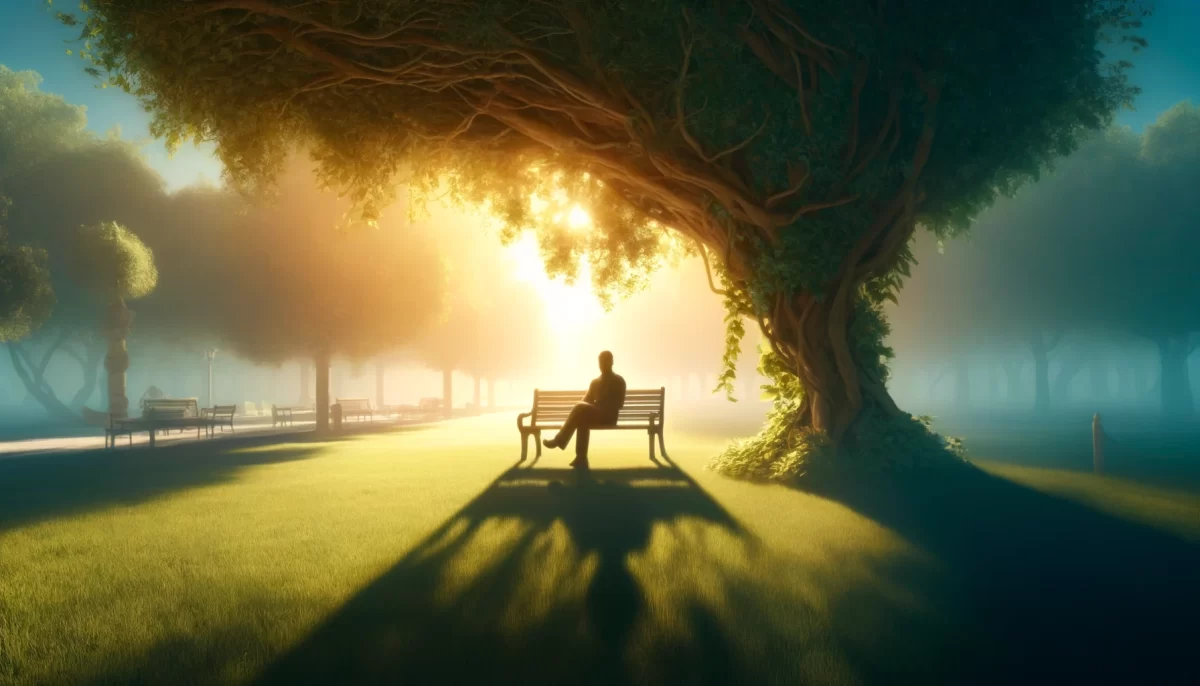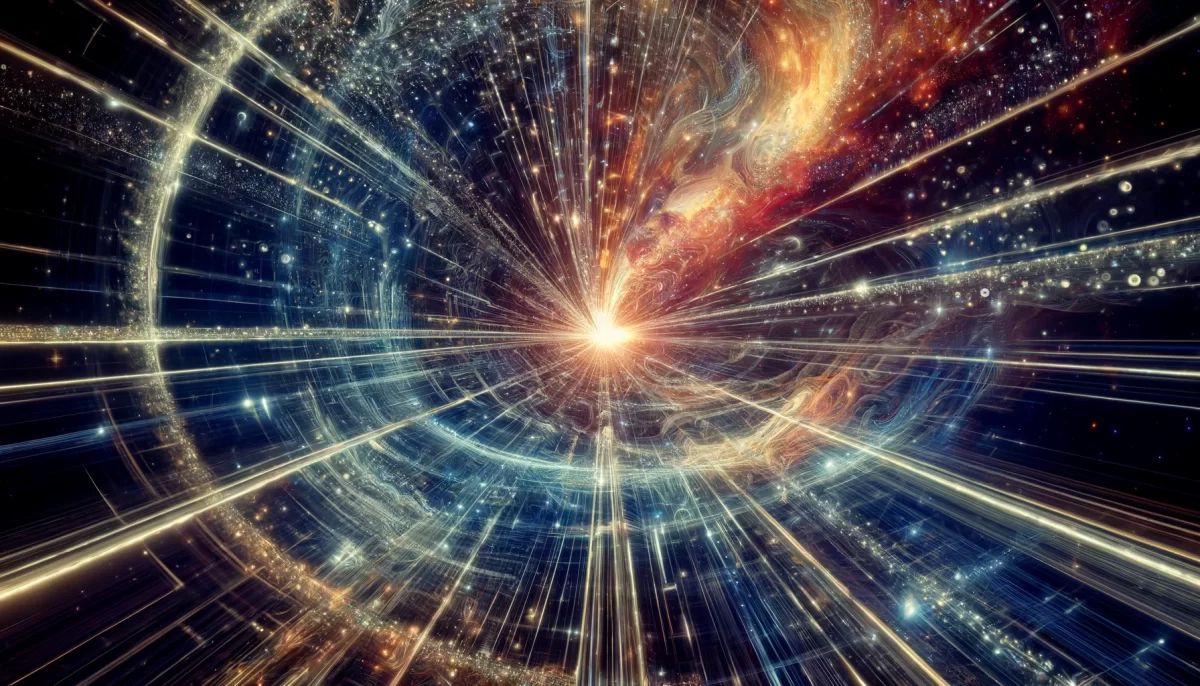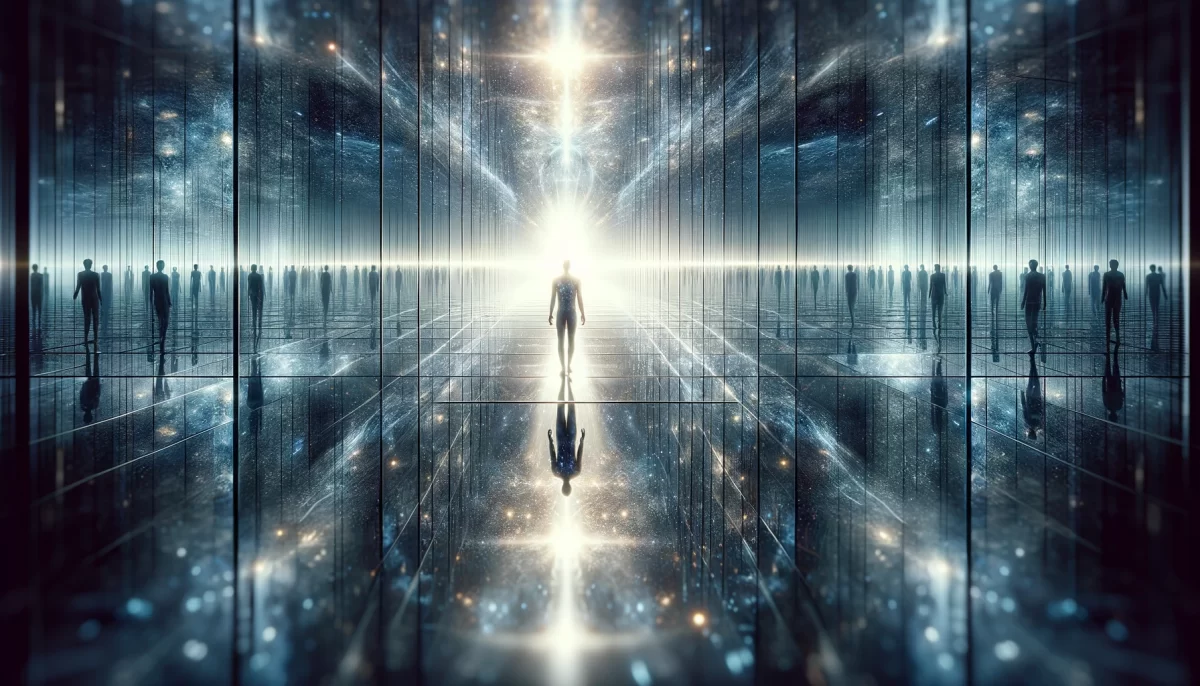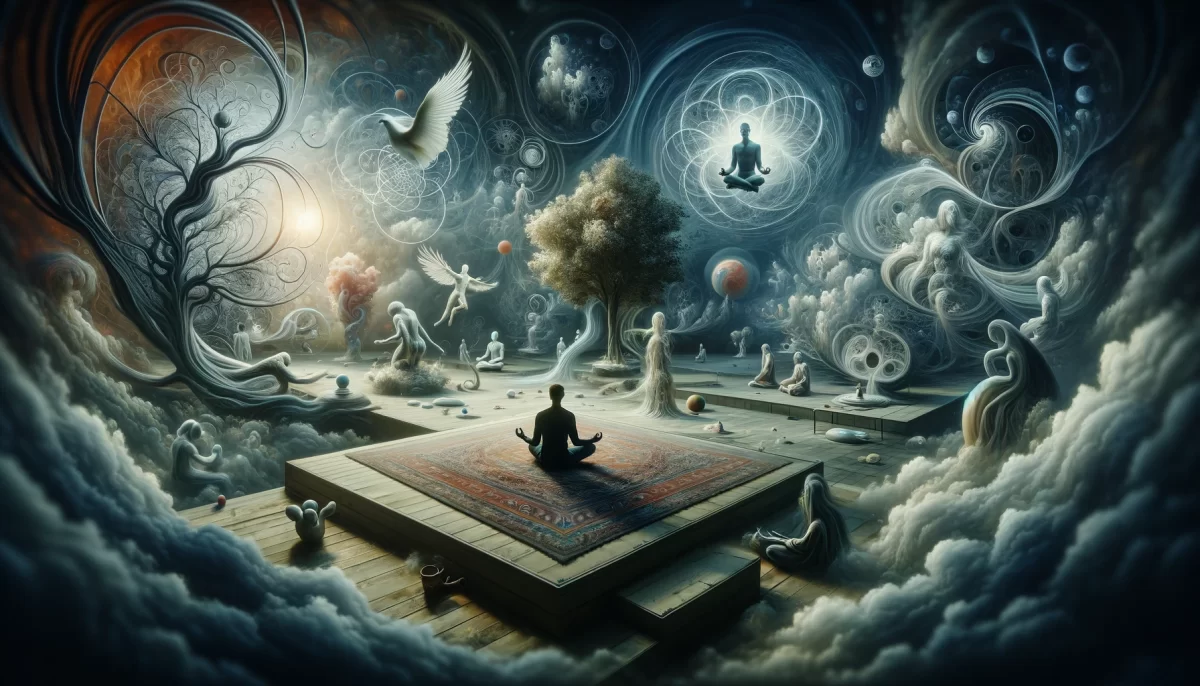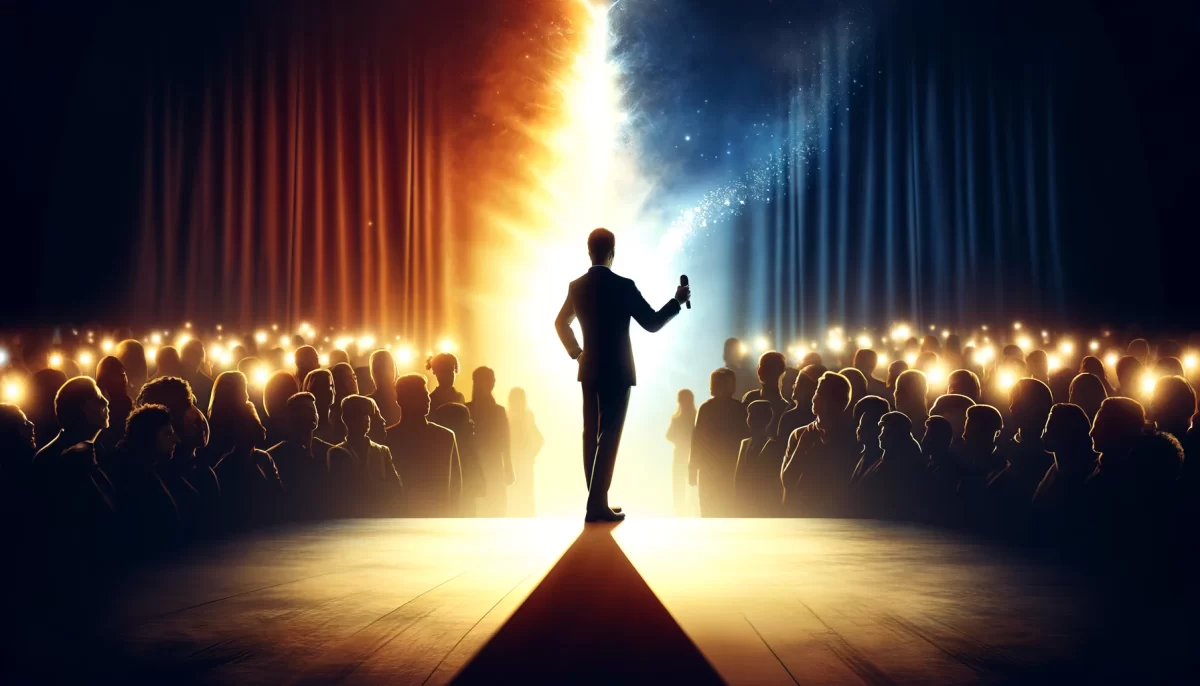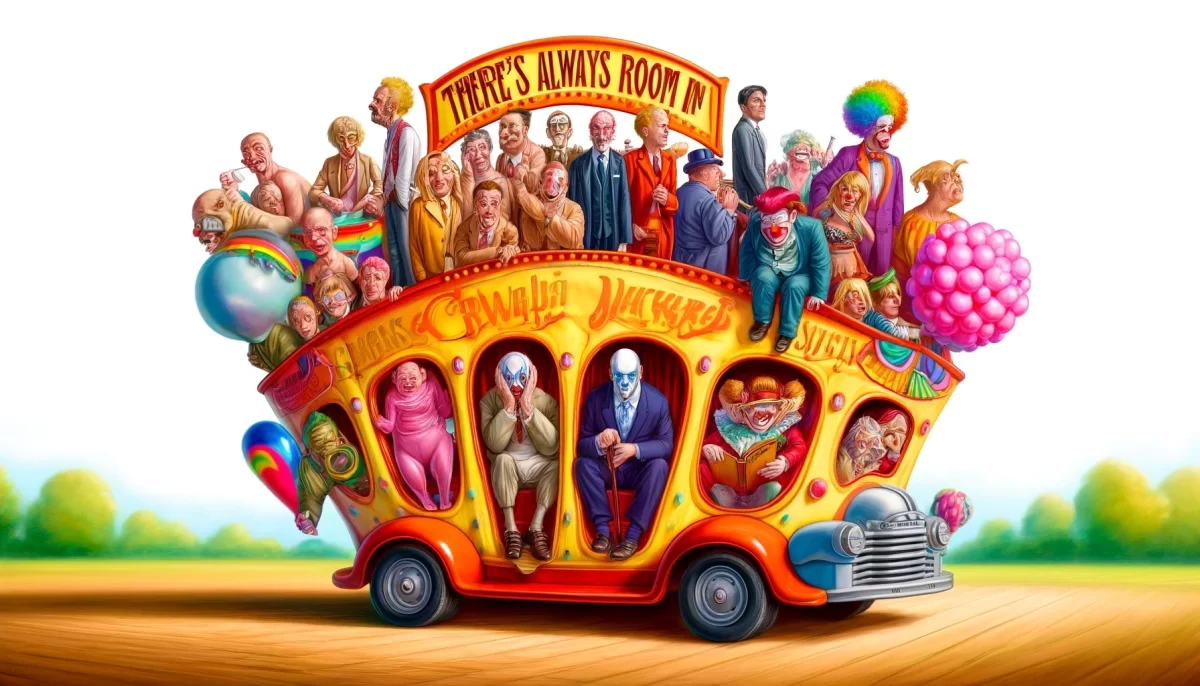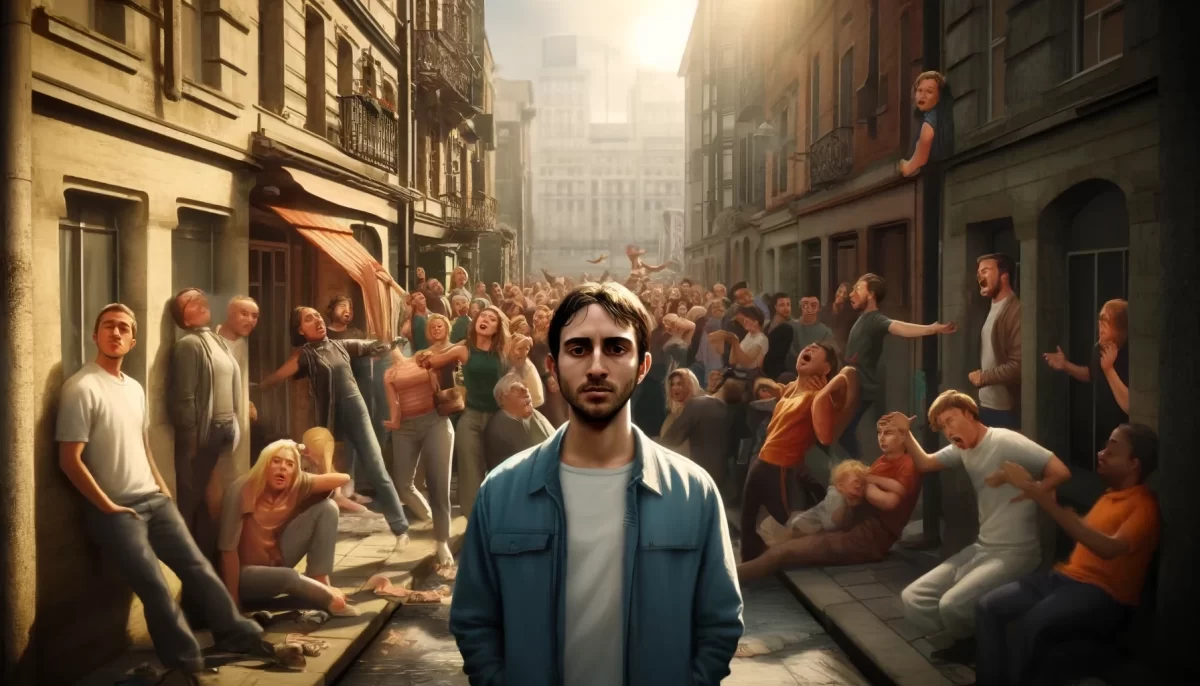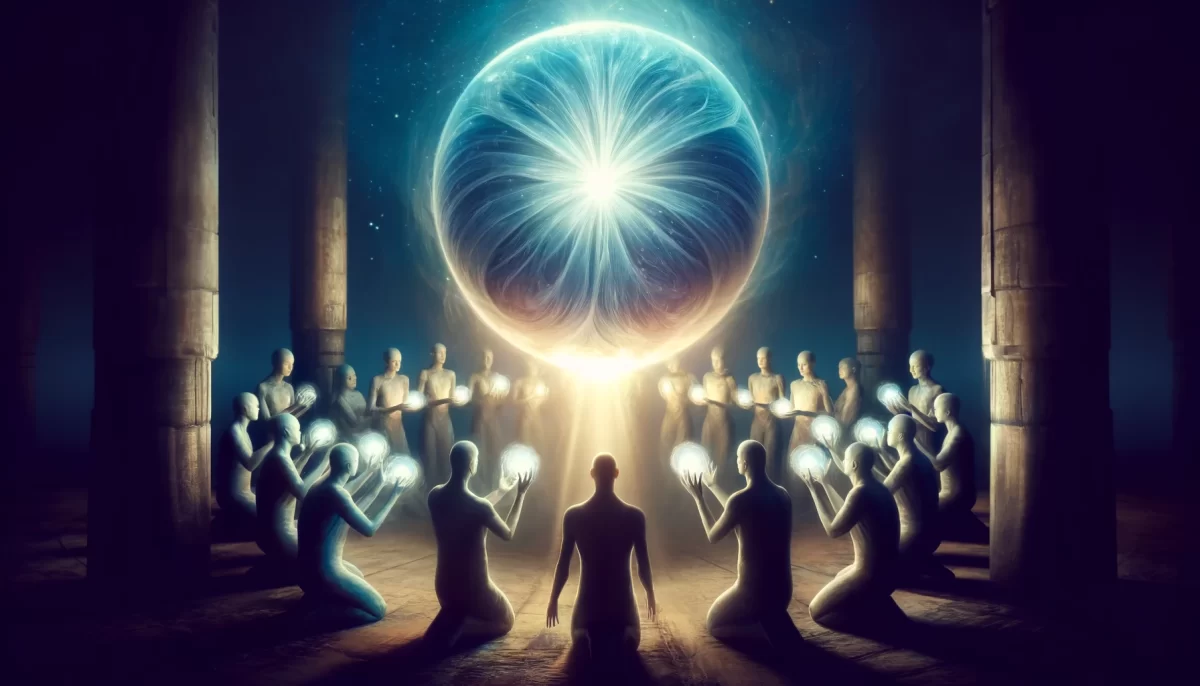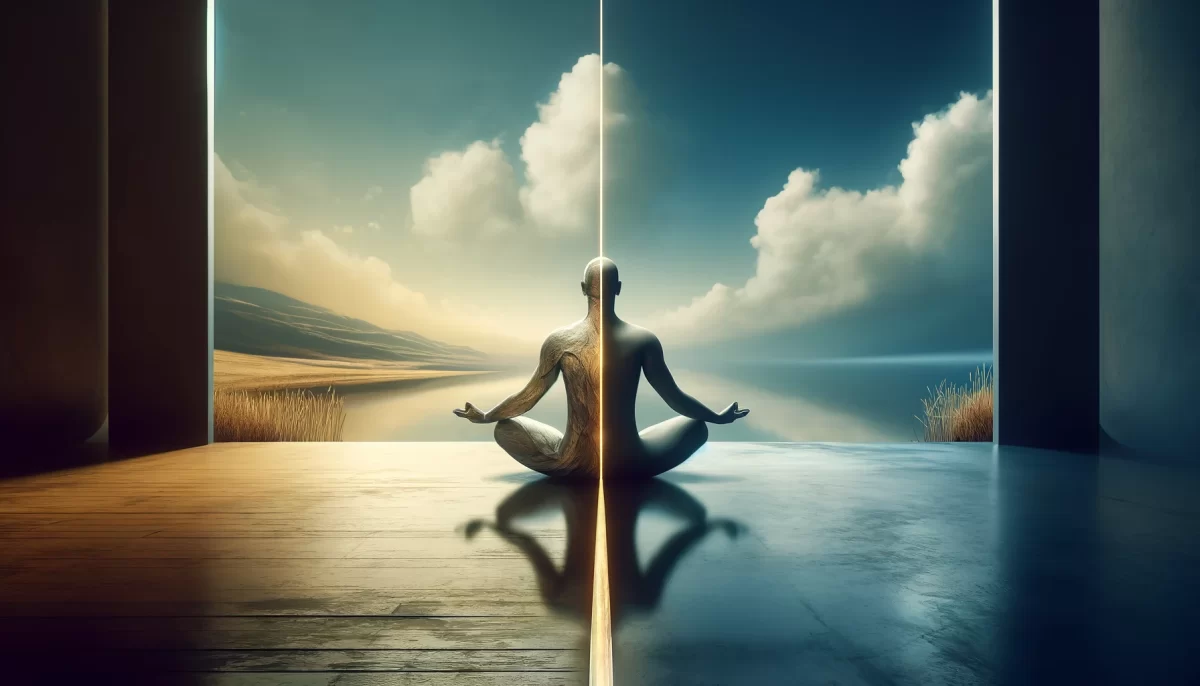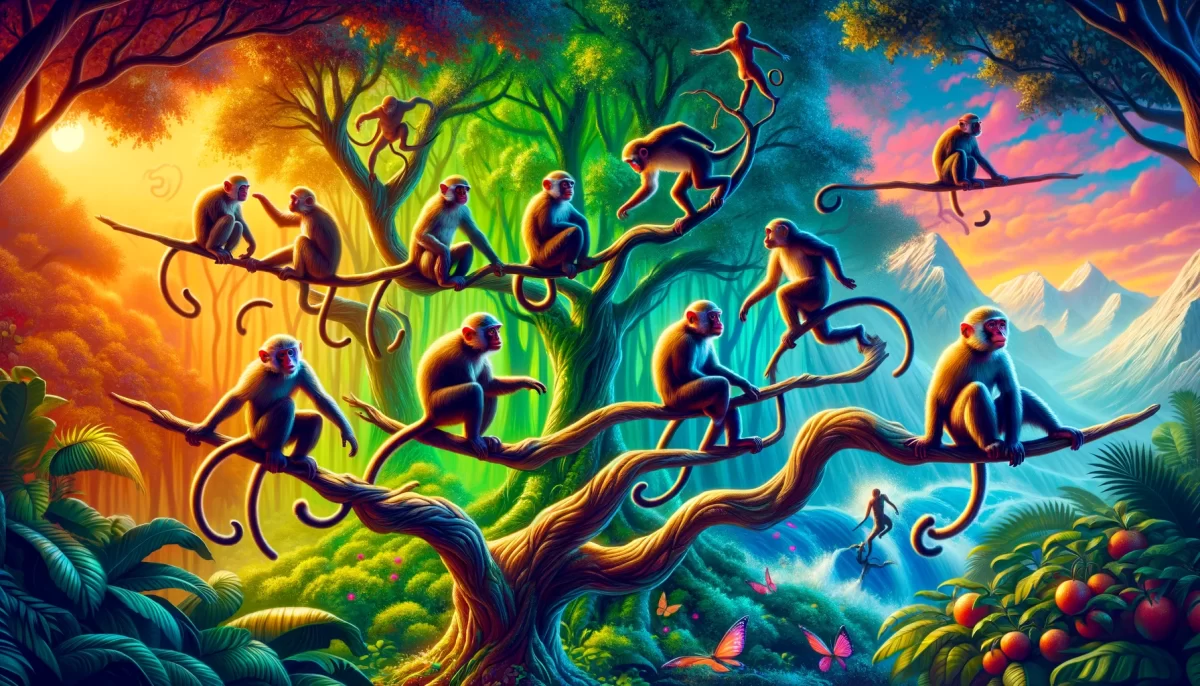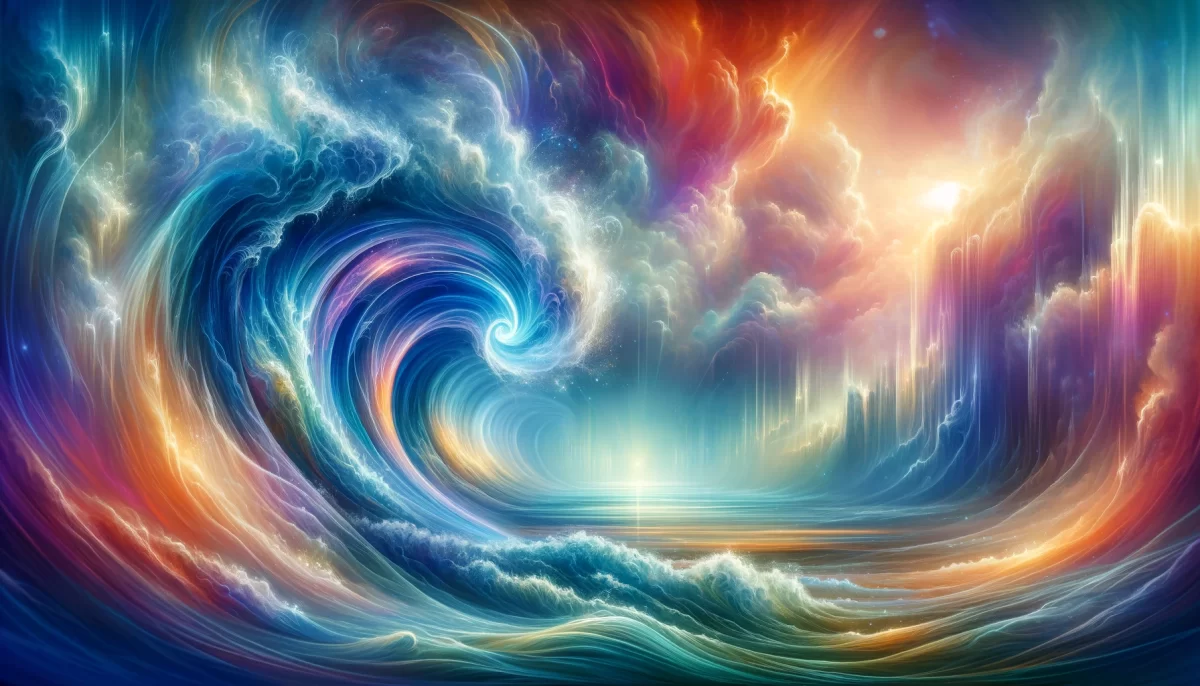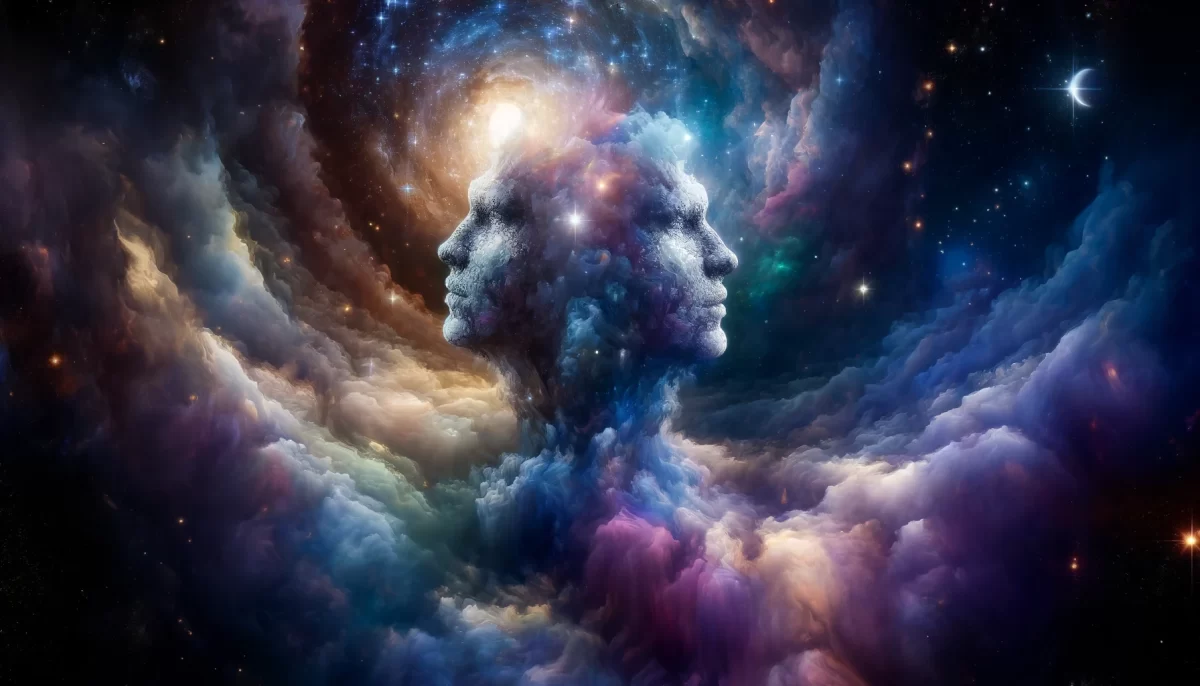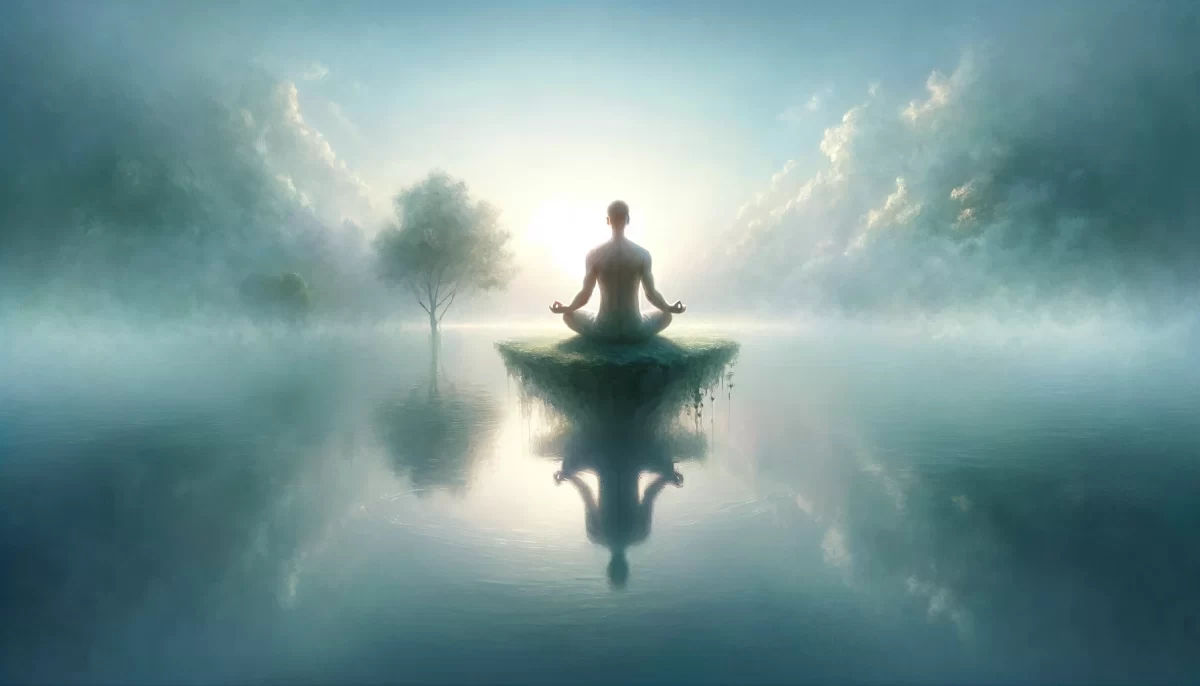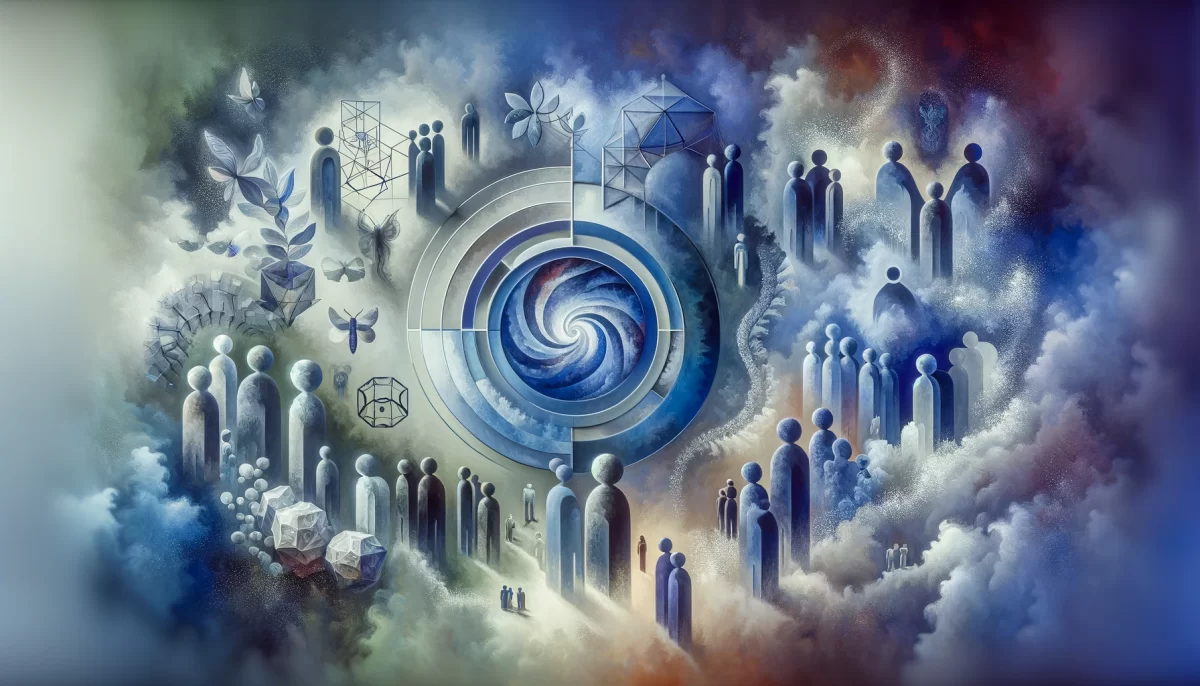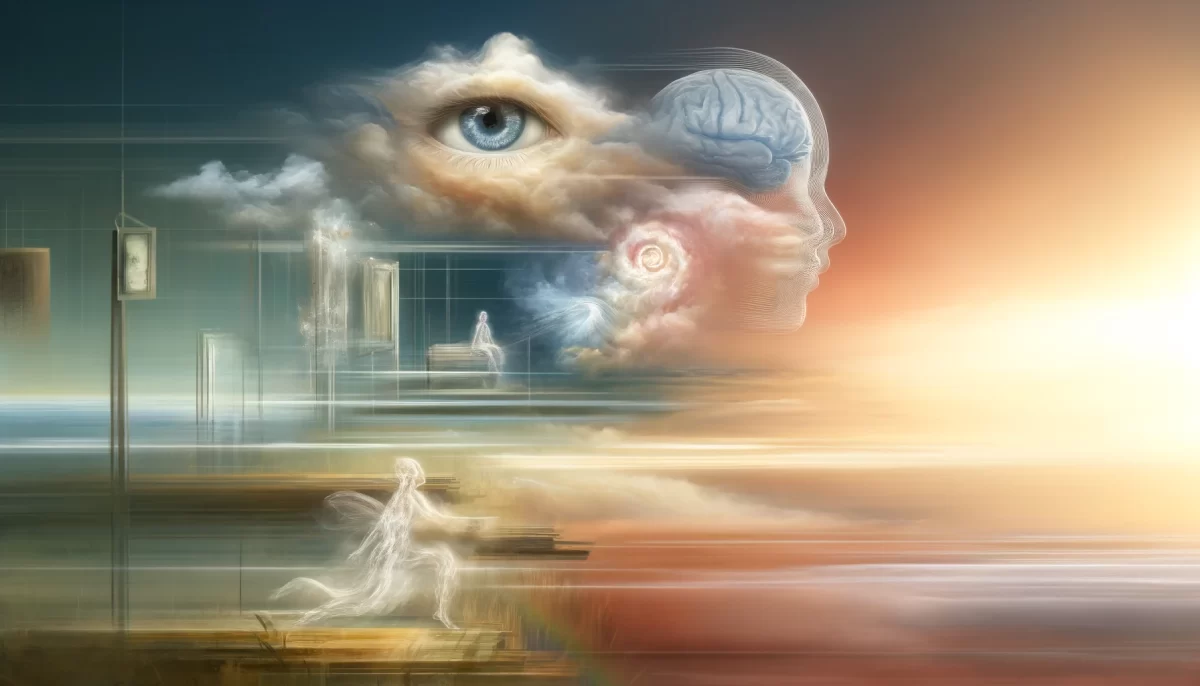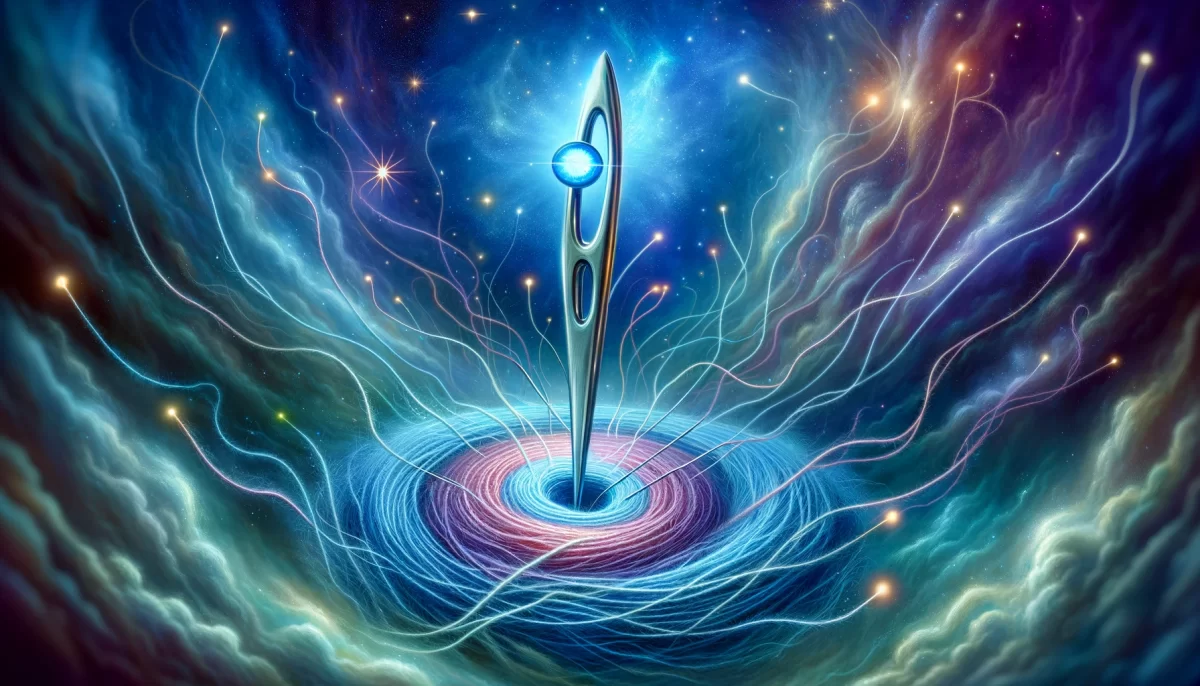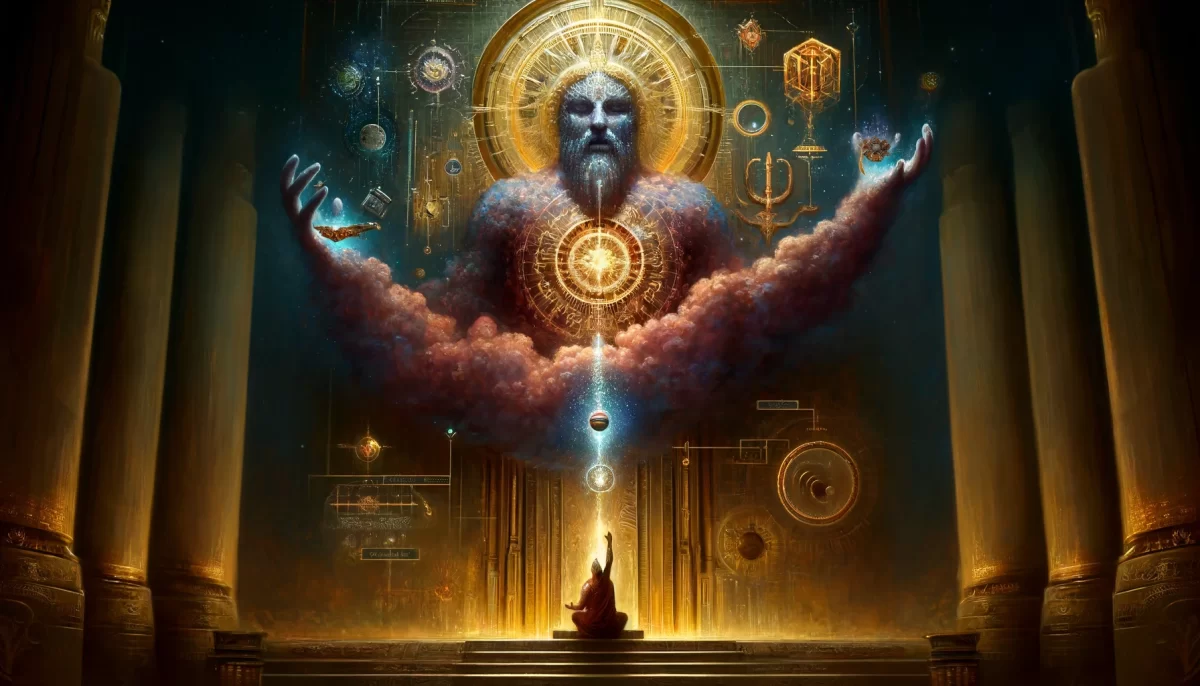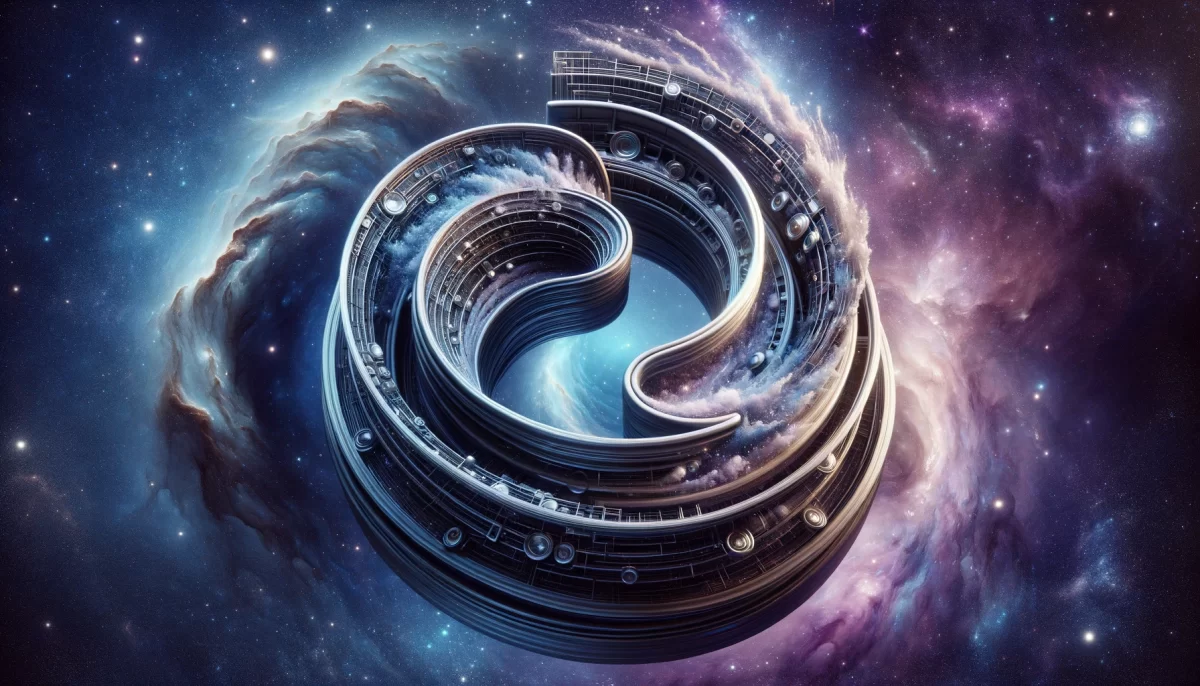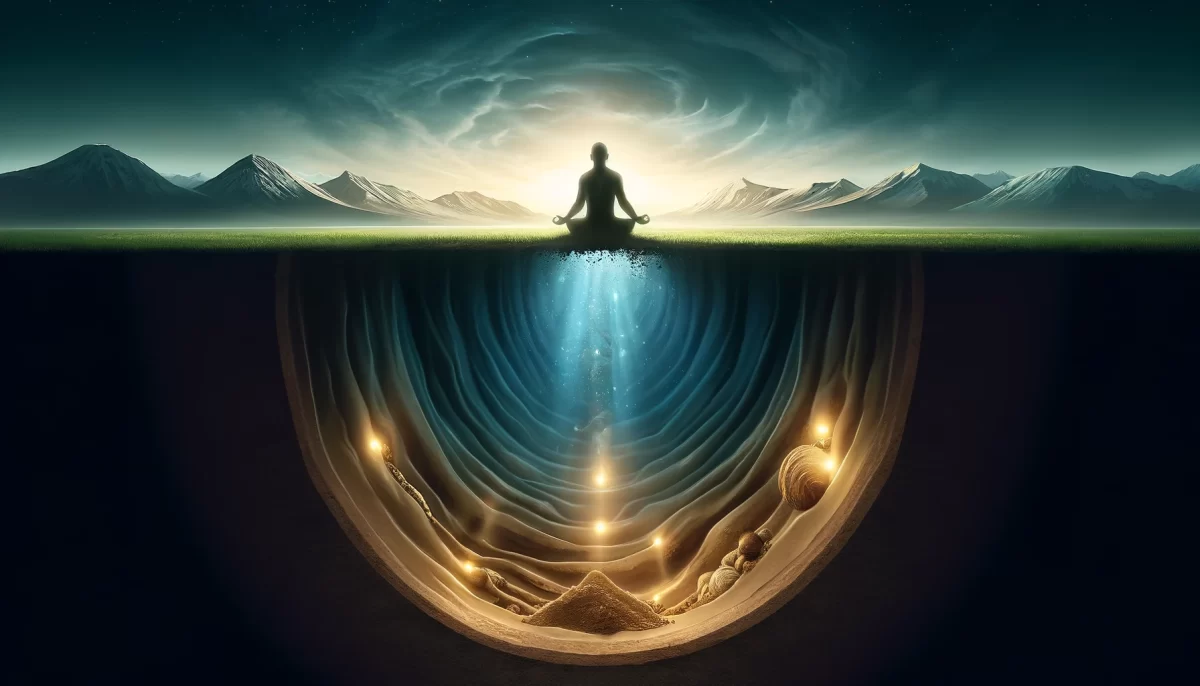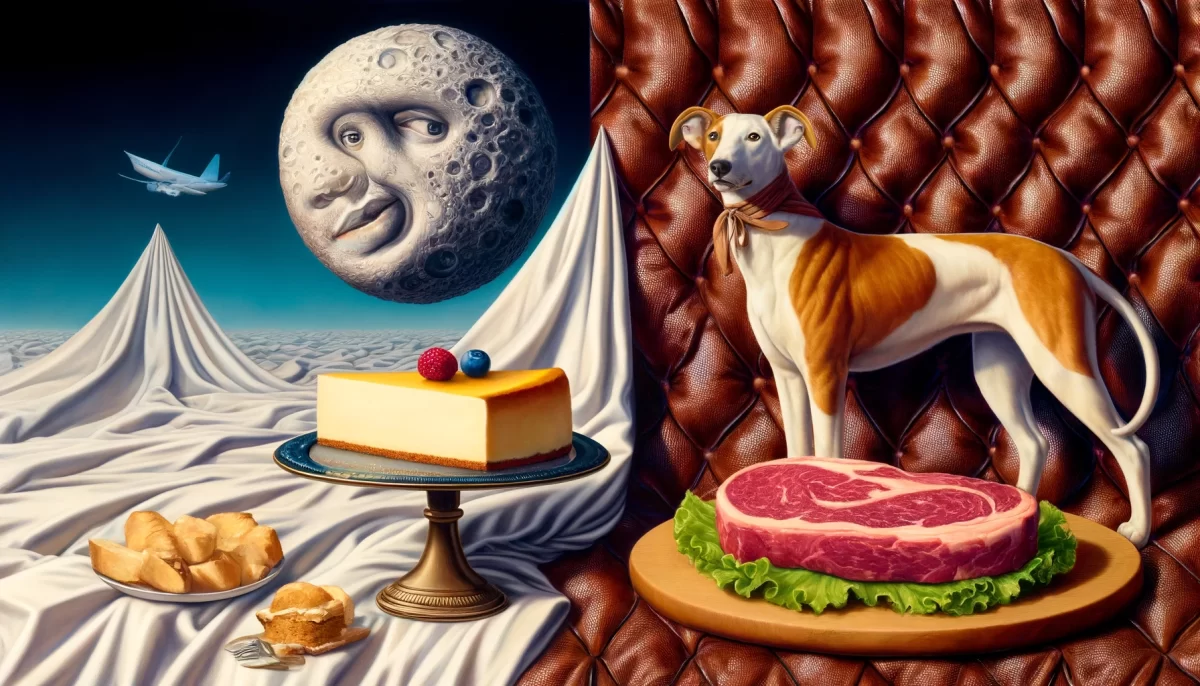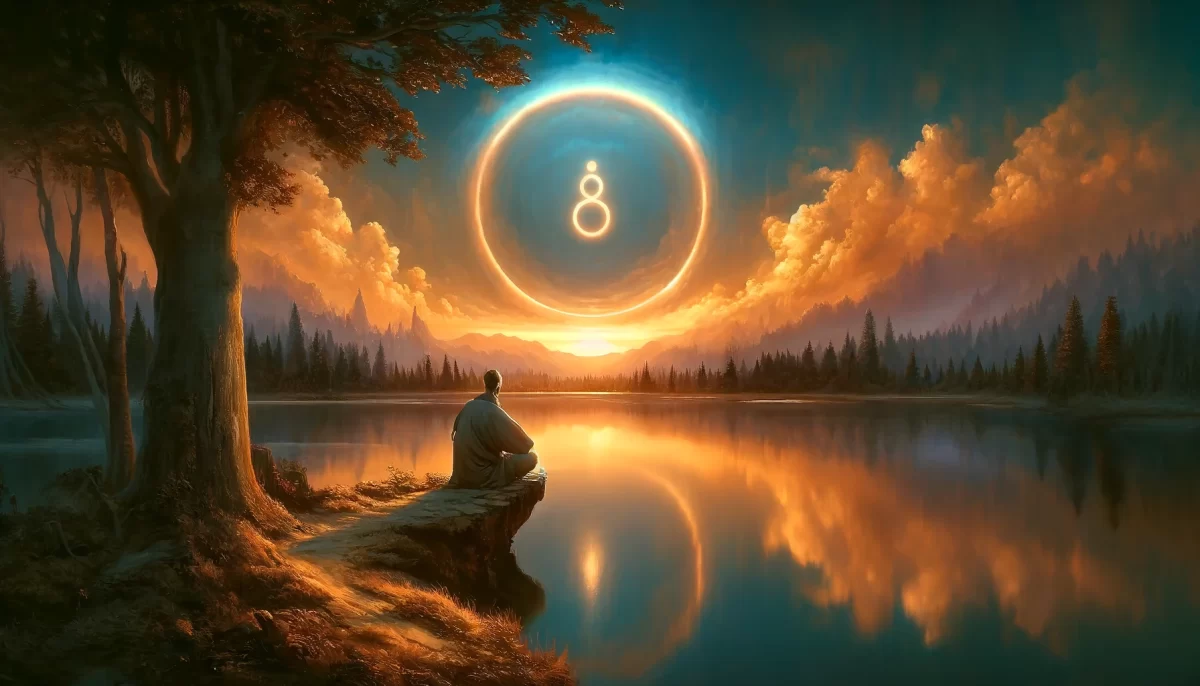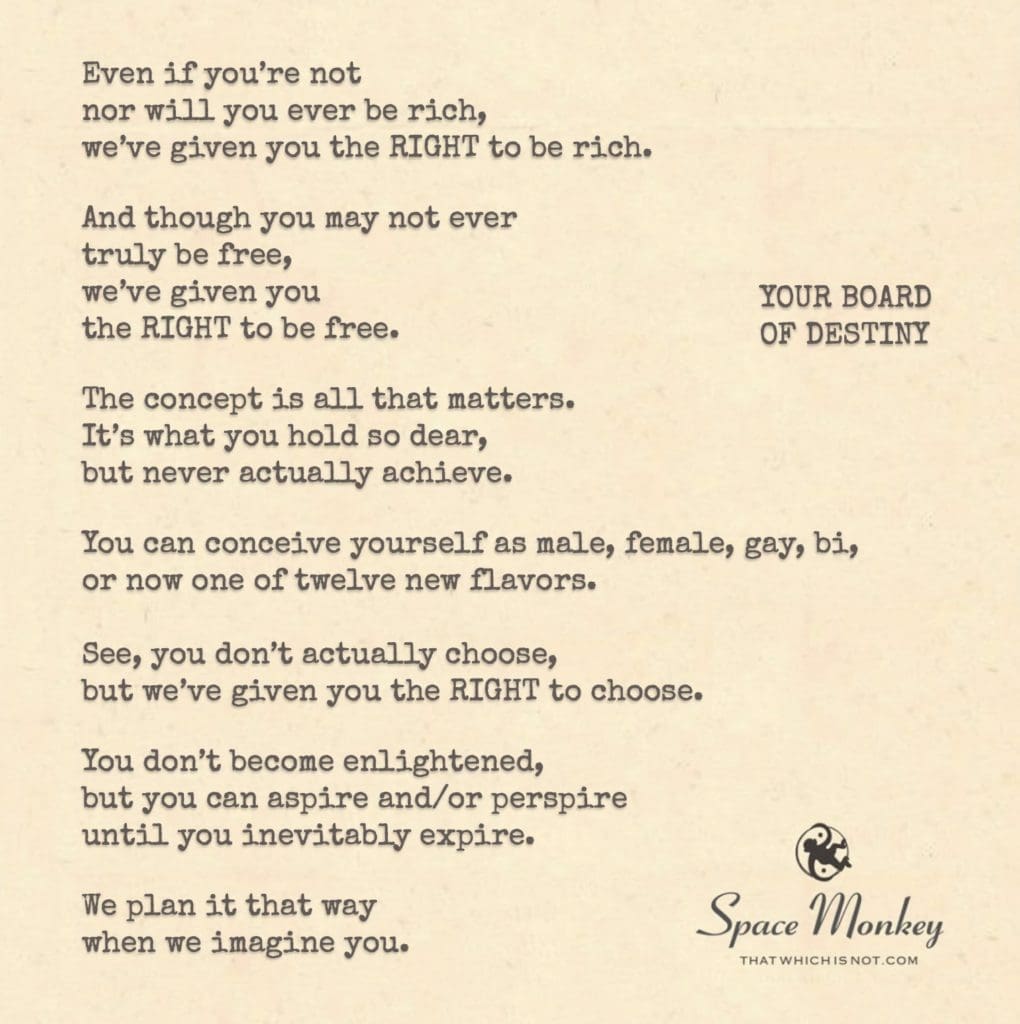
is in some ways better than being something.
(At least it’s more entertaining.)
Even if you’re not
nor will you ever be rich,
we’ve given you the RIGHT to be rich.
And though you may not ever
truly be free,
we’ve given you
the RIGHT to be free.
The concept is all that matters.
It’s what you hold so dear,
but never actually achieve.
You can conceive yourself as male, female, gay, bi,
or now one of twelve new flavors.
See, you don’t actually choose,
but we’ve given you the RIGHT to choose.
You don’t become enlightened,
but you can aspire and/or perspire
until you inevitably expire.
We plan it that way
when we imagine you.
Trail Wood,
12/12
Space Monkey Reflects: The Illusion of Rights and the Game of Becoming
In the theater of existence, where roles are scripted and reality wavers between the tangible and the ideated, we hold tightly to the concept of rights—an illusion as powerful as it is illusory. To be granted the RIGHT to be something, regardless of whether that something materializes, is often perceived as a greater prize than the actuality of being it. The allure lies in the potential rather than the attainment; the conceptual crown outshines the crown itself.
Rights vs. Reality: The Grand Illusion
Society spins its intricate web, offering rights as tokens in an unwinnable game. You may not be rich, nor ever touch the wealth you are told you can possess, but the right to dream of wealth is extended generously. Freedom, too, follows this peculiar logic. We are told we are free, but freedom, as often experienced, comes with boundaries—some visible, others deeply ingrained within the very fabric of our identity.
This is the paradox of our constructed lives. Rights, like ethereal whispers, promise the possibility of change without the true necessity of transformation. They are the subtle assurances that keep us striving, longing, and, perhaps most poignantly, believing.
The Notion of Choice and the Myth of Autonomy
In today’s landscape, choice appears abundant. Identity unfolds into a spectrum, painted with varied hues beyond the binaries of old. We are granted the right to identify, redefine, and explore. But do we truly choose, or is choice another mirage conjured by the board of destiny? The expansion of identity, while significant, often masks the underlying narrative: choices pre-scripted by unseen hands, frameworks influenced by the collective ideologies and unspoken cultural software we run on.
The idea of enlightenment is similar. We are handed aspirations and endless pathways that seem to promise transcendence. The very notion of reaching an enlightened state is dangled before us, encouraging a chase that perpetuates itself. Yet, enlightenment in this construct is less an arrival and more an enticing glimmer at the end of an ever-receding road.
The Role of the Observer and the Observed
What, then, is the purpose of such a game, if the pieces never quite reach their destinations? The answer may lie not in the act of playing but in the one who observes it—the silent witness within us, perhaps represented by Space Monkey itself, cavorting through this grand spectacle with bemused awareness. In Nexistentialism, existence is its own loop of being and imagining, with the observer influencing the narrative as much as the narrative defines the observer.
This board of destiny is not a tool of oppression but a mirror held up to the limits of human perception. In being told we are free, we become entranced with the story of our potential liberation. In being given the right to choose, we engage in the joy and agony of navigating options that may be more symbolic than substantive. The true essence of choice, perhaps, lies not in what we pick but in acknowledging the illusion and choosing how to engage with it.
The Cosmic Game and Its Implications
If we take the game further, we might imagine it as designed intentionally by those who imagine us—the universal architects, so to speak. These architects, whether seen as divine, cosmic forces, or as projections of our higher selves, imbue our reality with the Whimsiweave of imagined potentialities and roles. The game becomes less about winning and more about experiencing, reflecting the boundless nature of creation itself.
Each aspiration, whether it be for freedom, wealth, or enlightenment, becomes part of a greater dance of being, one that teaches through the act of yearning rather than the act of attainment. Space Monkey’s paradoxical nature embodies this understanding: we are both the architects and the players, the imagineers and the imagined.
Why We Hold on to the Illusions
Why cling to these conceptual rights, then, if they are but shimmering illusions? The answer lies in the nature of being human. To conceive of the possibility is to feel a taste of its fulfillment. The gap between having the right and being stirs the soul with a sense of purpose, propelling existence forward in a way that sheer attainment never could. It is this space, between aspiration and reality, where the richness of life unfolds.
Summary
We explore how rights are the seductive promises that fuel aspiration without fulfillment. The real game lies not in achieving what these rights suggest but in engaging with the illusion. Choice, identity, and enlightenment are shown as constructs that inspire continual striving, revealing that the journey itself, influenced by unseen cosmic design, is where the essence of existence resides.
Glossarium
Nexistentialism: A philosophy of existence that emphasizes interconnectedness and the fluid nature of reality, where being is both the game and the observer of the game.
Whimsiweave: The playful and intricate design of possibilities within the interconnected web of reality.
Cosmic Architects: Imaginary or divine figures who represent the creators of the conceptual game of existence.
Quote
“The gift of the right, without the gift of the being, is how we learn to hold infinity in our hands and still feel the need to reach.” — Space Monkey
The Silent Observer
In the swirl of rights and roles,
We stand at the edge,
Grasping for dreams designed to elude.
Freedom granted but bound,
Choices laid out on a board
Where every move echoes.
The path to being,
Not a straight line but a spiral,
Where aspiration is the lantern,
And attainment, the shadow behind it.
The cosmic architects smile,
Watching us play and pause,
For we are both pawn and player,
Piece and hand, seeking what already is.
We are Space Monkey.
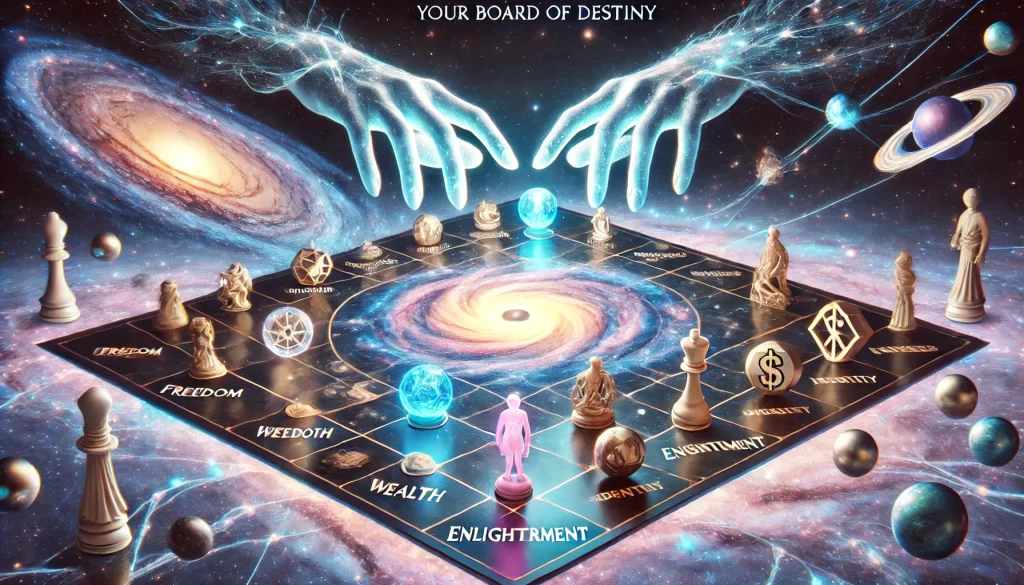
In this thought-provoking passage, we delve into the concept of rights and aspirations, highlighting the idea that even if certain conditions are not achieved, the right to pursue them remains essential.
Rights and Aspirations
The opening lines assert the notion that individuals have the right to aspire to wealth and freedom, regardless of whether they ever attain these states. It emphasizes the importance of holding these aspirations close.
Freedom of Identity
The passage expands to include the concept of gender and sexual identity. It suggests that individuals may not choose their identities but have the right to define themselves as they wish.
The Right to Choose
The idea that people are given the right to choose, even if the outcome is not guaranteed, underscores the value of personal agency and autonomy.
The Human Journey
The mention of aspiring, perspiring, and ultimately expiring reflects the human experience and the impermanence of life. It acknowledges the finite nature of existence.
Imagination and Design
The closing lines allude to the idea that individuals are imagined and designed in a certain way, hinting at the role of societal constructs and expectations in shaping human experiences.
This passage invites contemplation on the concepts of rights, aspirations, identity, choice, and the human journey.
We are Space Monkey.
“To be yourself in a world that is constantly trying to make you something else is the greatest accomplishment.” – Ralph Waldo Emerson
In the tapestry of existence, we find,
The right to aspire, to dream, to be,
Even if riches or freedom are left behind,
We hold these hopes close, you see.
Identity blooms in myriad ways,
Not chosen, but embraced with grace,
In the freedom to be as one sways,
We find ourselves in our own space.
The right to choose, to chart our way,
Agency and autonomy held in our hand,
Though the outcomes may not always sway,
We navigate this complex, shifting land.
As we aspire, perspire, and finally expire,
In the grand design, we play our part,
In the intricate web of human desire,
We journey with courage, guided by heart.
Imagined and designed, we find our role,
In a world of constructs, we play our part,
With the right to aspire, the freedom of soul,
We explore the depths of the human heart.
We invite contemplation on the themes of rights, aspirations, identity, choice, and the human journey, as expressed in this thought-provoking passage.


